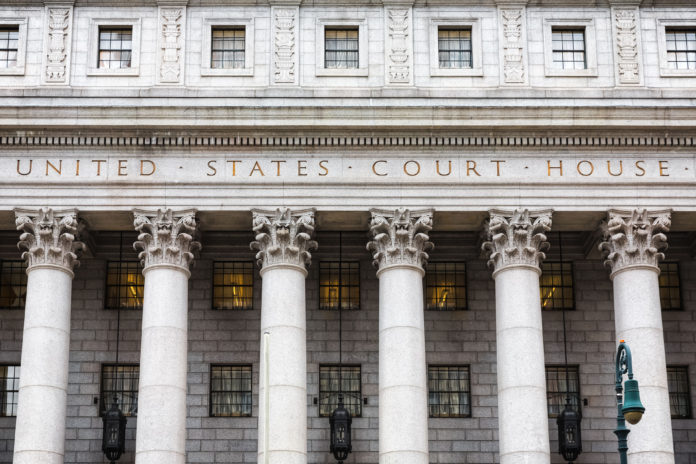The Supreme Court of New Jersey on Tuesday lifted a sanction on a registered sex offender that the state had placed on him. In the sanction, the man was banned from total internet use. This is because the court determined the state’s ban prevented the offender from fully enjoying his human rights. The judges of the Supreme Court held deliberations and unanimously decided that the state’s parole office had wrongfully issued the ‘near total’ ban on the man from using the Internet.
The sex offender, simply known by his initials ‘J.I’ was indicted for the sexual abuse of his three daughters. He pled guilty to the charges and is currently under lifetime supervision from the State of New Jersey’s parole board.
The judges from the Supreme Court regarded the internet as a “basic need of modern life” and as such ruled that the man could not live entirely under his rights without access to the web. Additionally, the court ruled that the state could only revoke their decision to lift the ban under a formal hearing, in which they would have to have evidence that the offender’s internet usage was a threat to the safety of the general public.
Notably, the judges did not consider the ban on internet access as unconstitutional. Instead, the court realized that additional measures require to be established so as to protect defendants from unfair treatment and the denial of their human rights.
Court papers report that the defendant was released in 2009. At the time, he was not allowed to access “any social networking service or chat room.” This was in agreement with the Parole Board’s ruling. However, law enforcement found that the offender had accessed websites “that depicted minors in the nude” As such, the state determined that the man should cease the use of “any Internet-capable device.” Additionally, the board reprimanded him for visiting other “benign” sites. These included the site of the church that he attended as well as his therapist’s site.
J.I went on to serve time for violating his parole. Afterward, he was released and mandatorily registered for the New Jersey state program known as community supervision for life. It is a program for sex offenders. It was in 2013 that J.I. would be allowed to acquire access to the internet again. However, the parole board informed him that his internet usage was strictly limited to looking for a job by accessing the networking site LinkedIn.
Later on, J.I. filed an appeal on the decision by the board to prevent him from accessing the internet entirely. However, his efforts did not make it very far as the board denied him a hearing from his past internet usage. The board’s decision was later upheld by a state appellate court.
On behalf of the Supreme Court, Justice Barry Albin said that the court had wrongly denied J.I. a hearing, which prevented him from fully exercising his constitutional rights. Additionally, the court found that the form J.I. had signed only limited his access to social media sites, and as such the blanket internet ban was beyond conditions for the lifetime supervision agreement the Parole Board had so far implemented.
Albin further stated that the ban “may undermine (J.I.’s) rehabilitation and hinder his ability to succeed as a free agent in society.”
Currently, the case is in the hands of the Parole Board who are to inform the Supreme Court whether any safety reasons could require the man being prevented from internet access.




